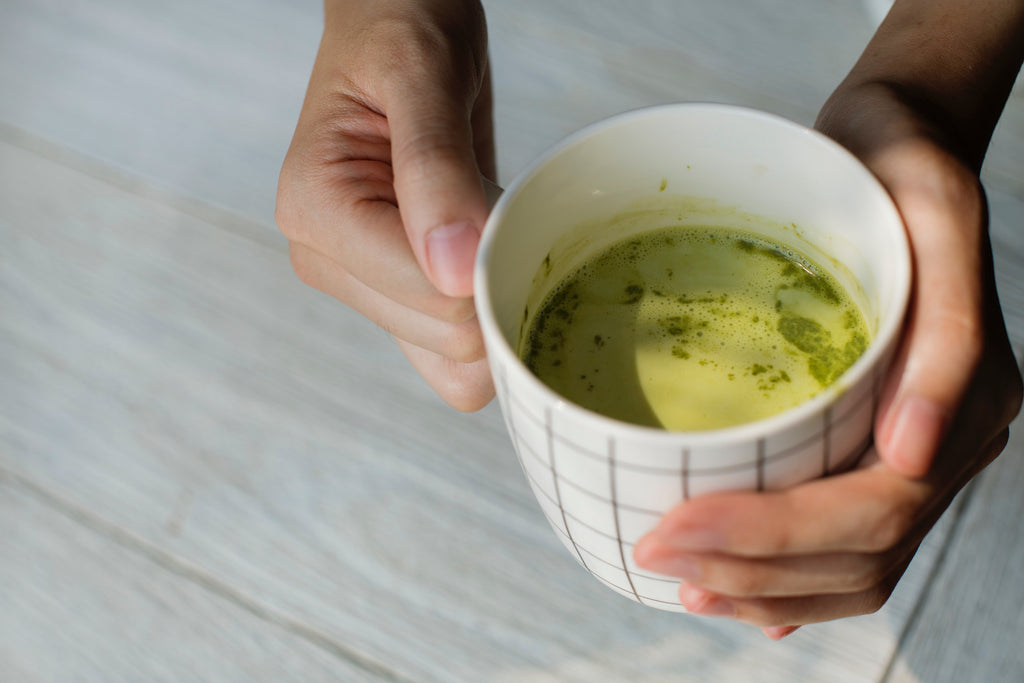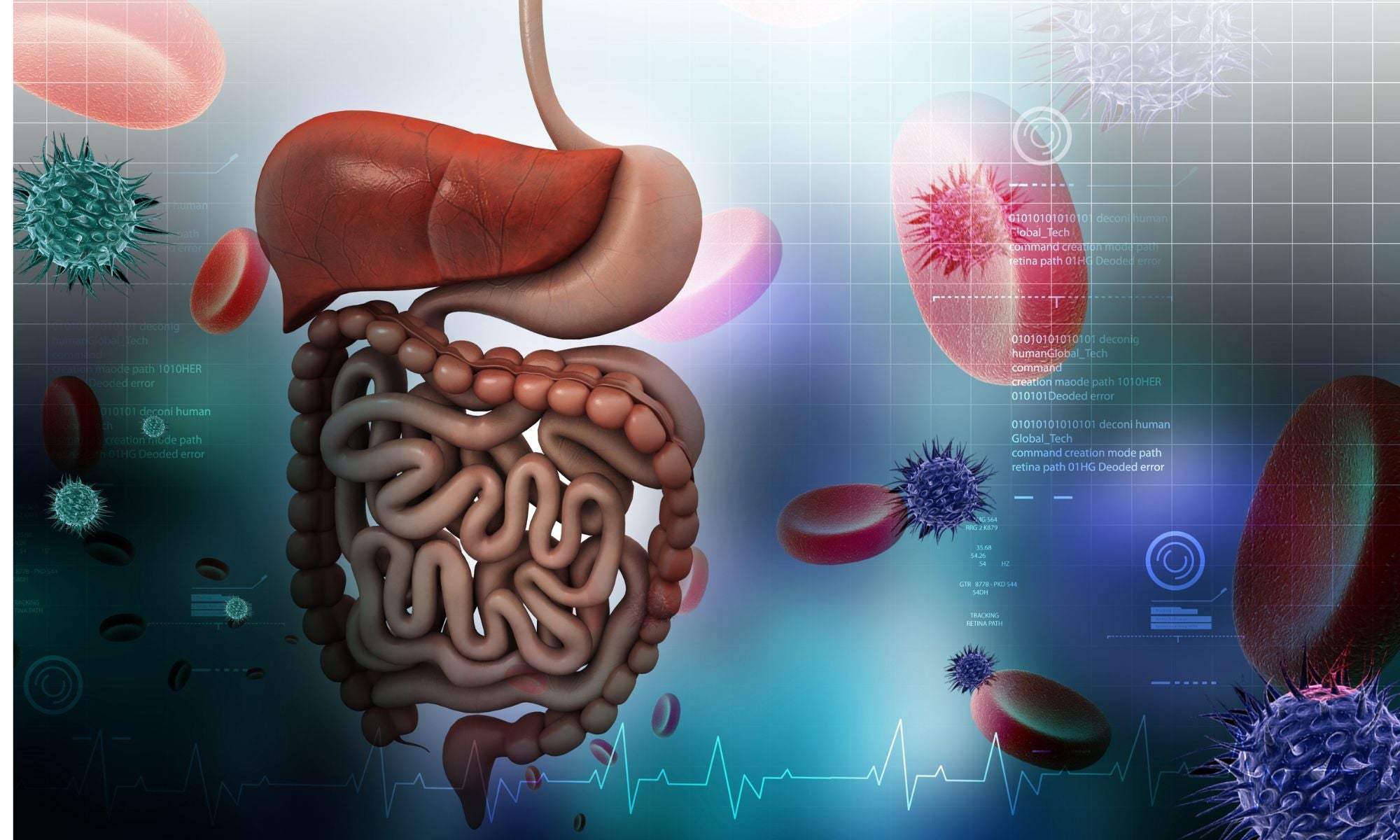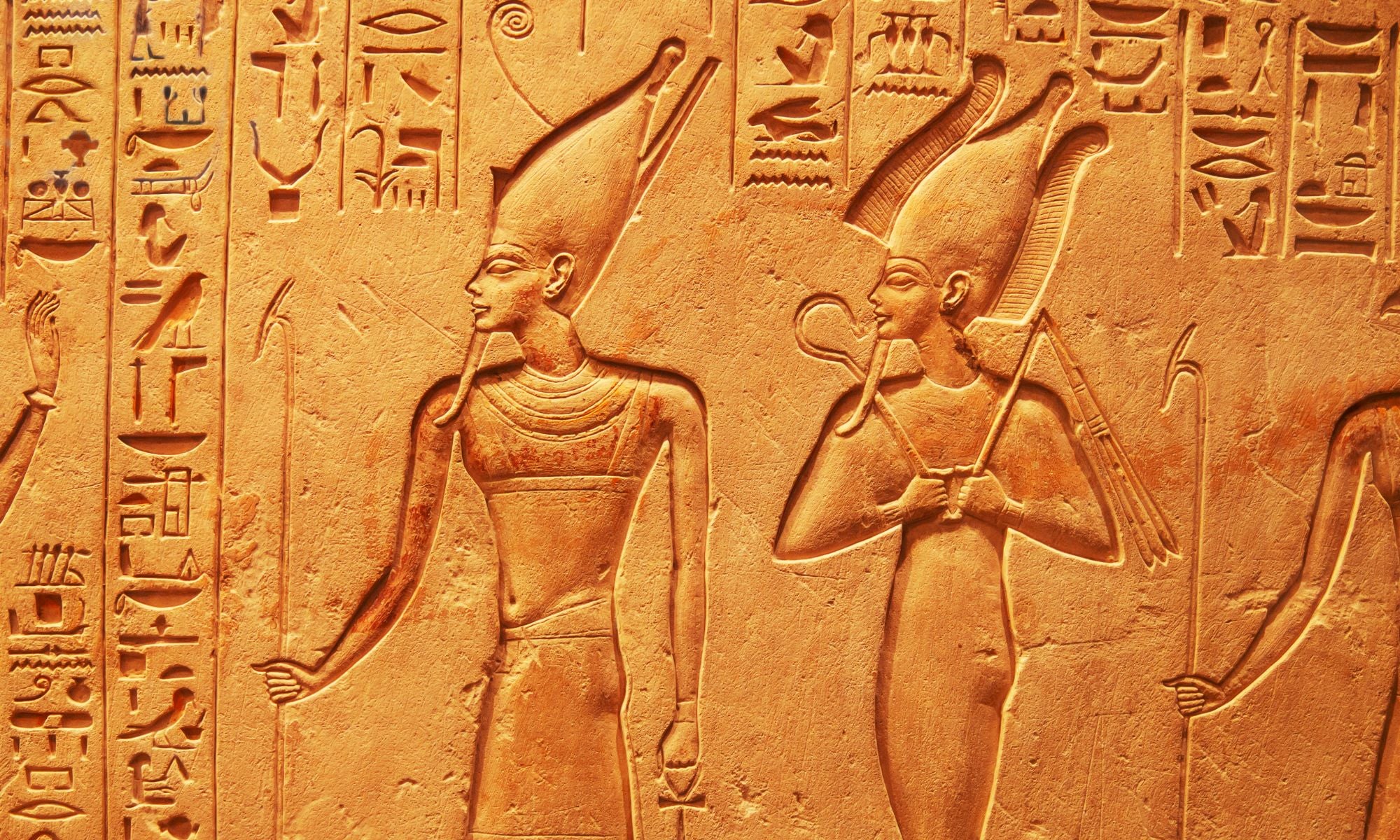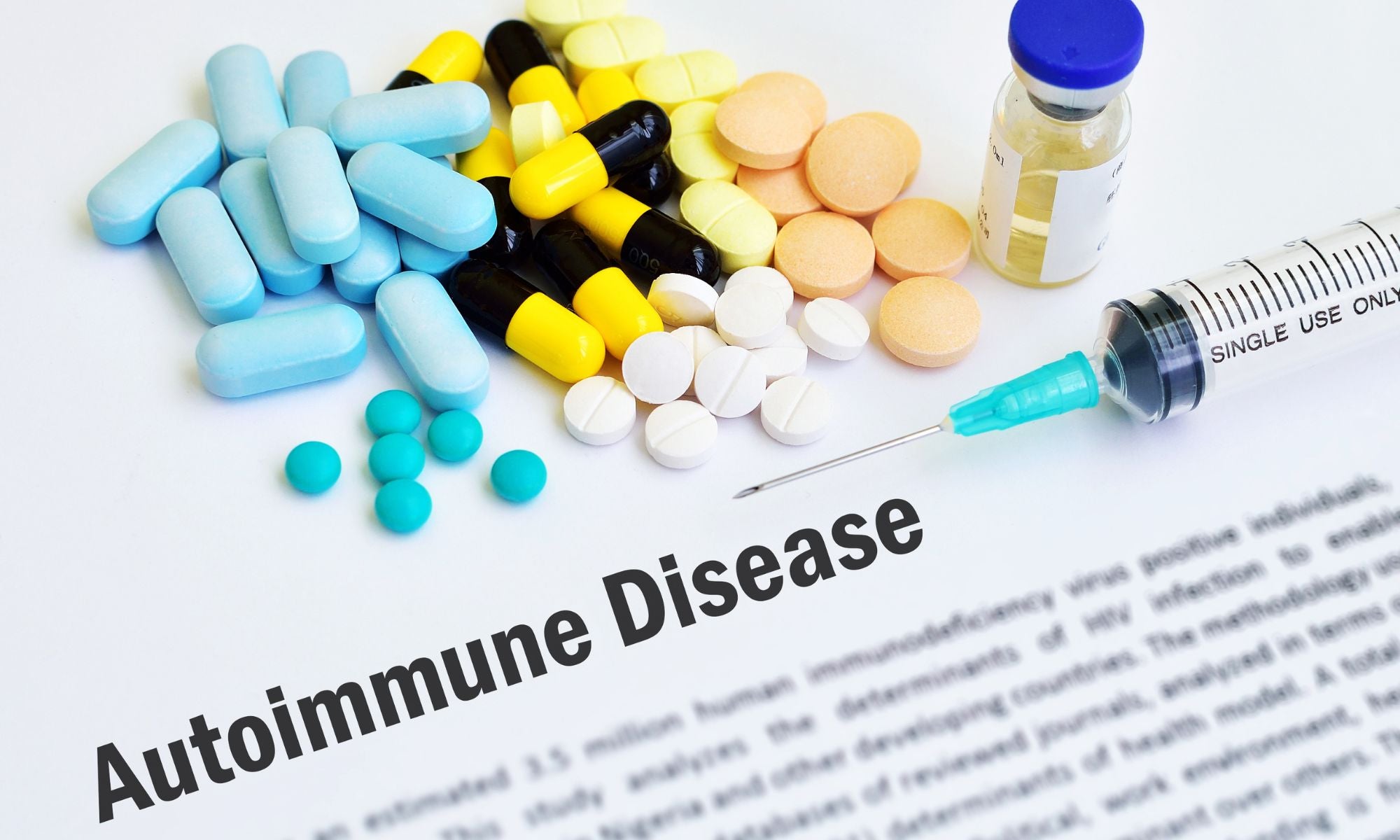
HOW DOES THE GUT-BRAIN CONNECTION WORK?
Have you experienced having butterflies in the stomach, or having a strong gut feeling? You are not alone. These senses or feelings actually propose a close relationship between the brain and the gut.
In fact, modern research proves that what’s happening in your brain can significantly impact your gut, and vice-versa.
Let us know more about this phenomenon and how it really works.
Brain-Gut: What’s the Connection?
The “gut-brain axis” is the term for the communication system between your brain and your gut.
Remarkably, both organs are connected to each other, not just physically, but even biochemically.
THE VAGUS NERVE
Neurons are cells that inform our bodies how to function. These cells can be found in the brain and the nervous system. In fact, over 100 billion neurons can be found in the brain.
What’s remarkable is the fact that the gut also contains neurons. There are over 500 million neurons in the gut that connect to the brain through nerves in the nervous system.
The largest nerve that connects the two organs is called the “vagus nerve” The vagus nerve works by delivering signals both ways.
Various animal studies show that stress hinders the vagus nerve from sending signals and it also causes gastrointestinal issues.
Human studies have also been made. One study showed a vagal tone reduction with patients suffering from Crohn’s disease and IBS. Vagal tone reduction indicates a reduced function of the vagus nerve.
These results indicate how important the vagus nerve is when it comes to gut and brain connection.
NEUROTRANSMITTERS
Another way that the brain and the gut connect is through neurotransmitters. The brain produces these chemicals in order to control the mood, emotion or feelings of a person.
For instance, one type of neurotransmitter known as “serotonin” assists in feelings of happiness. It also assists in controlling the body clock, known as the “circadian rhythm.”
What’s even more interesting is the fact that a lot of these neurotransmitters are actually produced by gut cells and microbes. Since a huge amount of serotonin is formed in the gut, the connection between the gut and brain is even stronger.
Another type of neurotransmitter produced in the gut is known as the “gamma-aminobutyric acid” (GABA). It assists in managing feelings of anxiety and fear.
Gut Microbes Produce Many Different Compounds That Impact Brain Health
Aside from the vagus nerve and neurotransmitters in the body, there are many other gut microbes that form chemicals that affect brain function.
For instance, gut microbes produce countless short-chain fatty acids (SCFA) like acetate, butyrate and propionate. SCFA are produced through fiber digestion and they impact brain function in many ways, such as reducing or inducing appetite.
In addition, gut microbes metabolize amino acids in order to form different chemicals that will also impact brain function.
Gut Microbes Impact Inflammation

The gut-brain axis also connects through the immune system.
Your gut and the trillions of gut microbes in it have a huge part in the immune function and inflammation. Both control the food and nutrients that pass through and leave the body.
Inflammation may happen if the immune system is working for a long period of time. Inflammation has been linked to several brain issues such as depression, anxiety, and even Alzheimer’s disease.
The Importance of Probiotics and Prebiotics
Since your gut bacteria are able to impact your brain, it is of utmost importance to maintain a healthy gut microbiome in order to achieve optimal brain function.
To help you achieve that, both probiotics and prebiotics can help.
Probiotics are beneficial bacteria that provide numerous health benefits once consumed. However, it is necessary to note that not all probiotics work the same way.
Psychobiotics are the type of probiotics that impact brain health.
Other probiotics have been proven effective in dealing with symptoms of mental issues such as anxiety, stress, and depression.
In one study, patients suffering from IBS and minor anxiety discovered that 6 weeks of consuming the probiotic “Bifidobacterium longum” is able to improve symptoms.
On the other hand, prebiotics are digested fibers that also impact brain health.
What are the Foods that Benefit the Gut-Brain Axis?
An unhealthy gut results in various mental problems. To improve the gut-brain axis, there are a few types of foods that may help.
- Foods rich in Omega-3 fatty acids: Omega-3 fats could be found in oily fish. Human studies indicate that omega-3s are able to increase beneficial gut and lower the risk of brain disorders.

- Foods rich in Tryptophan: Tryptophan is a type of amino acid. When converted, it transforms into the neurotransmitter serotonin. Foods rich in Tryptophan are eggs, cheese and turkey.

- Foods rich in Polyphenol: Polyphenols are plant chemicals. When digested, it is able to increase beneficial gut bacteria and enhance cognition. Foods rich in Polyphenol are olive oil, green tea, cocoa and coffee.

- Foods rich in Probiotics (also known as fermented foods): Fermented foods hold healthy microbes like lactic acid bacteria. Studies show how effective these types of foods are when it comes to modifying brain function. Foods rich in probiotics include yogurt, sauerkraut, kefir, miso, tempeh and cheese.

- Foods rich in Prebiotics (or fiber-rich foods): Prebiotic fibers are extremely beneficial for the gut bacteria. Studies have shown that they are able to lower stress levels. Aside from fruits and veggies, foods that are rich in fiber include seeds, nuts and whole grains.

Final Thoughts
By changing your gut bacteria, it is possible to enhance and achieve optimal brain function. Consuming foods that are rich in Omega-3 fatty acids and polyphenol may enhance gut health. Eating fermented foods, probiotics and prebiotics are also beneficial.
![]() SUMMARY:
SUMMARY:
The gut-brain axis is all about the chemical and physical links between your brain and gut. There are countless neurons and nerves that connect the two.












